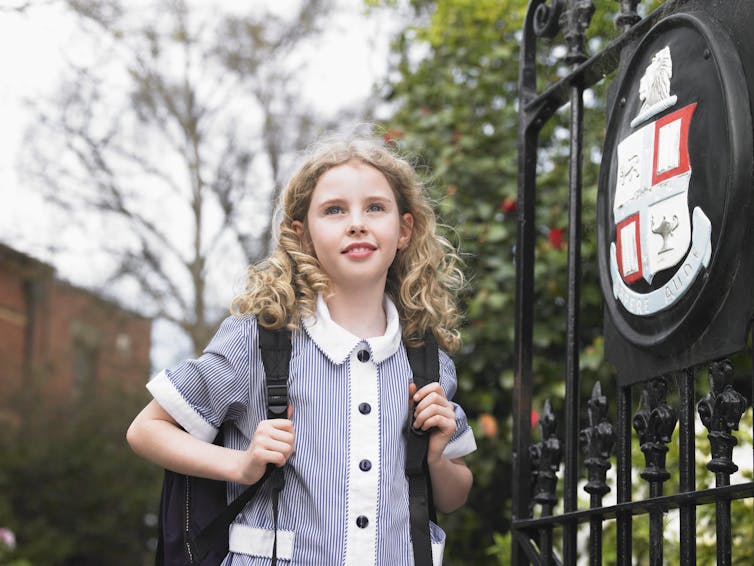How much does private schooling raise your pay, and does it make you give more to the community?
By Blog Editor, IOE Digital, on 4 November 2019
4 November 2019
Private schools find themselves in the news lately, more than they usually are. Boris Johnson became the fifth Old Etonian prime minister since the war, and immediately appointed a cabinet in which nearly two-thirds were privately educated, re-affirming once again what the Sutton Trust and the government’s Social Mobility Commission have been revealing about the political influence of the privately educated. At the same time, for the first time in many decades the possibility of radical private school reform has entered the political agenda.
Formal evidence on what private schools do can help people evaluate views about Britain’s private school system and whether there is a need for reform. There are two important findings from our latest research which looks at a cohort born in 1990 and (more…)
 Close
Close




